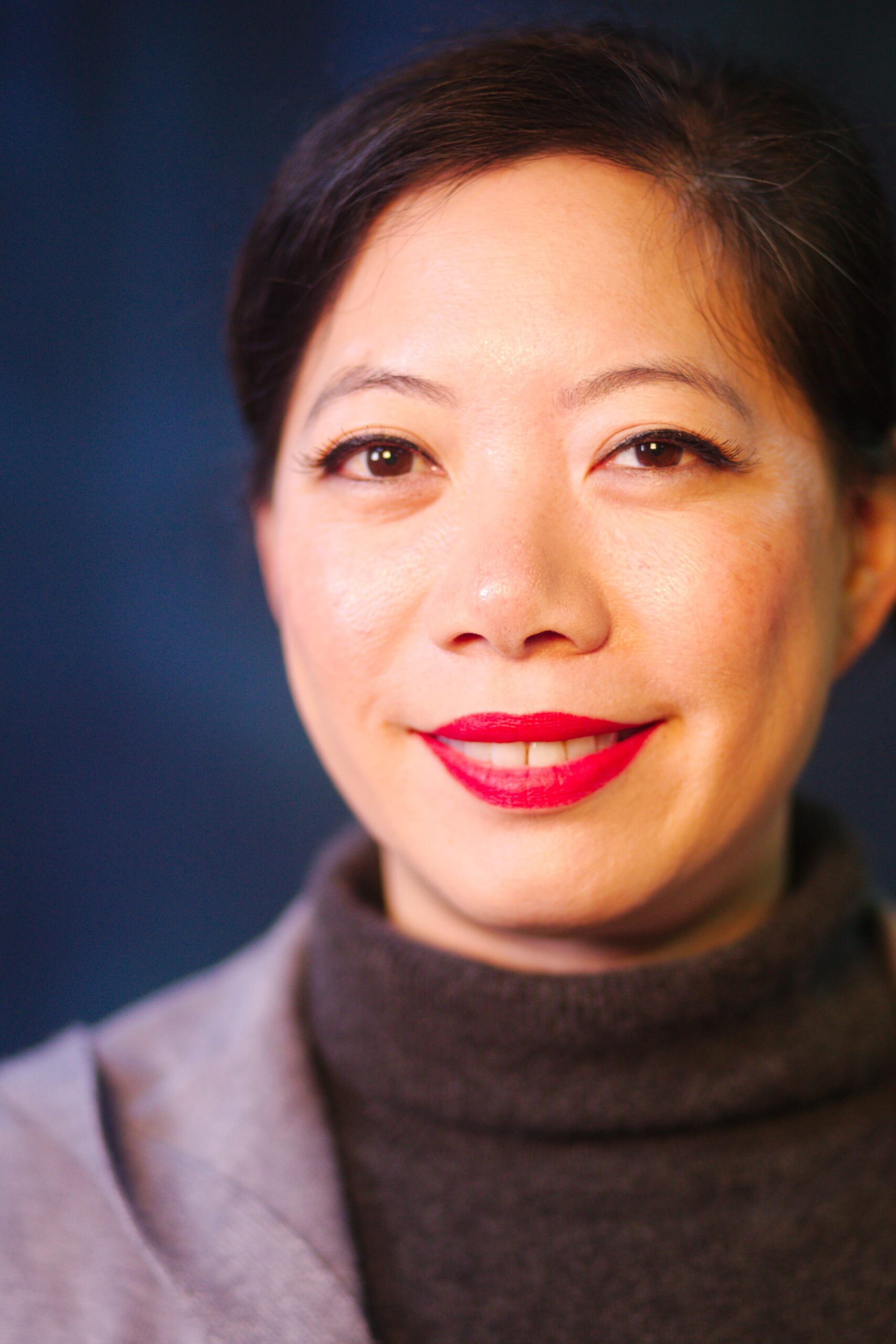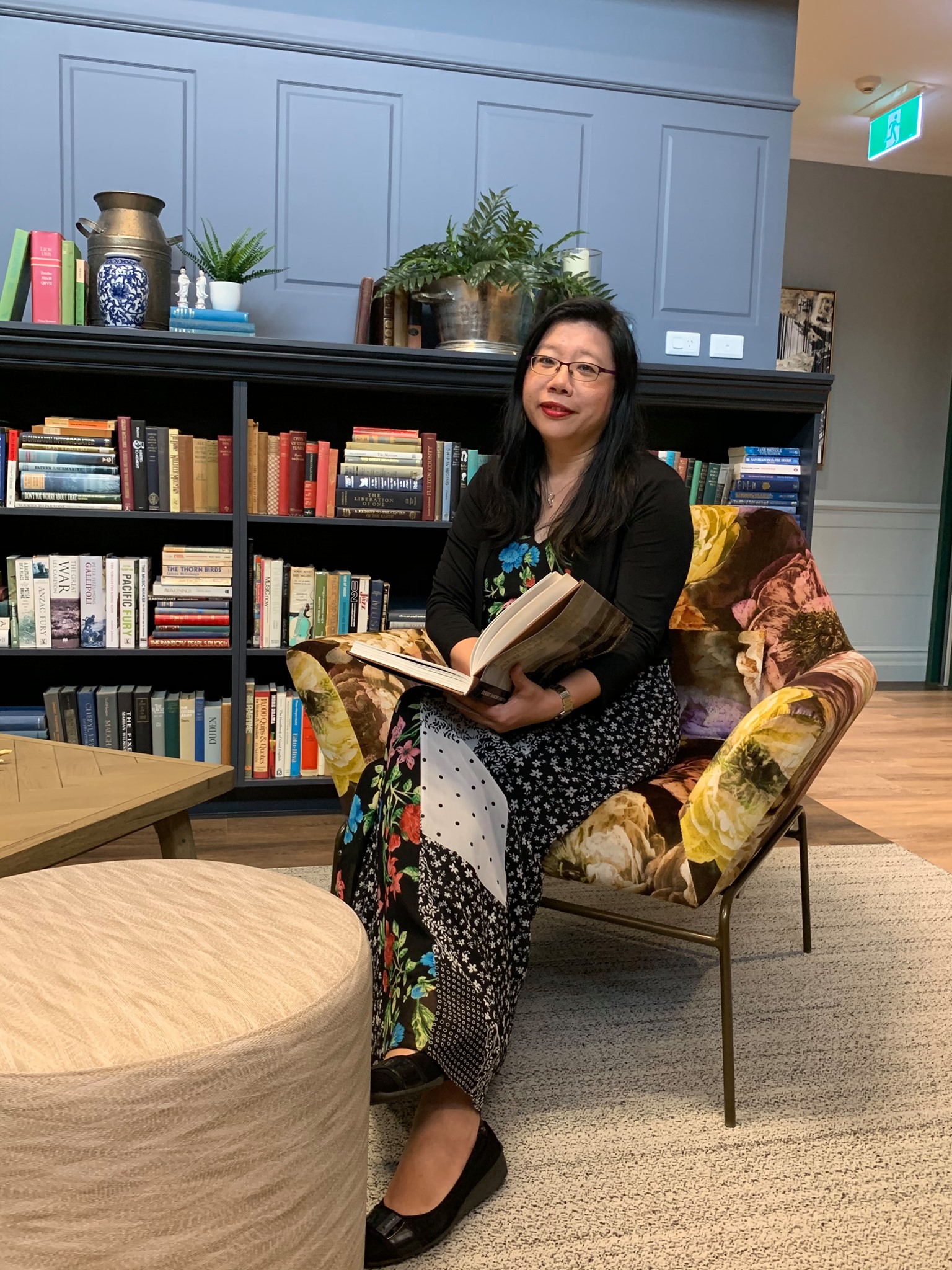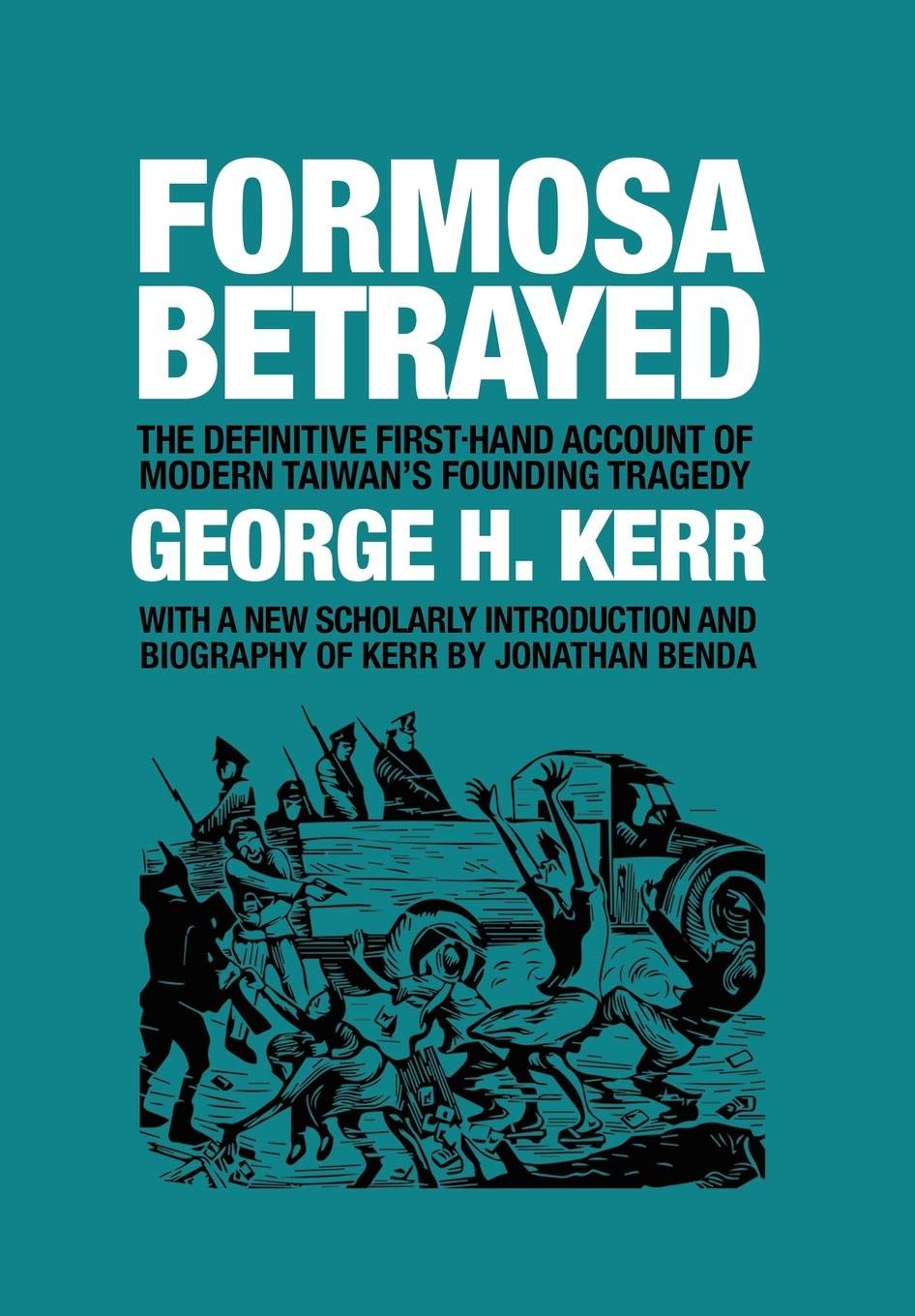A note from Talking Taiwan host Felicia Lin:
Dr. Michi Fu and Dr. Tsuann Kuo are helping 228 Survivors deal with trauma.
This year marks 75 years since the 228 Massacre and this week we continue our discussion on the topic. 228 refers to February 28, 1947, which could be argued is a misnomer because tensions leading up to the massacre of tens of thousands of people had been building for quite some time before February 28th, ever since the Chinese Nationalists (the Kuomintang) had fled from China to Taiwan in 1945. Some Taiwanese dissidents have used the term March Massacre instead of 228 since the massacres that happened were mostly in March of 1947.
Last week we talked about the lasting impact of 228. Under the subsequent authoritarian rule of the Chiang regime, there was 38 years of martial law and the White Terror era. Anyone could be disappeared, executed or worse for just saying or doing the wrong thing, or for what was seemingly wrong in the eyes of the authorities. The people of Taiwan were horrified and terrified. Generations dared not speak of 228.
If you haven’t already listened to last week’s episode, I encourage you to listen to it first to understand the trauma that 228 has inflicted on generations of Taiwanese.
My guests on this week’s episode will talk about some of the ways they have helped 228 survivors and their relatives to start to heal their trauma.
I am welcoming back Dr. Michi Fu and Dr. Tsuann Kuo to talk about the work they did with the Transitional Justice Commission’s “caring projects” that were set up specifically to help 228 survivors and their relatives. Three sites were set up for the “caring projects” and Tsuann and Michi were at the Taichung site at the end of 2020 up until February 28, 2021. Please note that the comments and experiences they share are limited to the work that they did through the “caring project” in Taichung and their personal opinions. They are not representing the Transitional Justice Commission, which as you’ll hear in the interview, has a much broader scope with five main objectives.
The Transitional Justice Commission was set up in 2018 to investigate the actions taken by the Kuomintang between 15 August 1945 and 6 November 1992 (This includes 228, the martial law era and White Terror era).
Special thanks to Michi for her help in assembling all the guests for this episode and the previous one, both dedicated to discussing the topic of 228.
This episode of Talking Taiwan has been sponsored by the Taiwan Elite Alliance 優社 and the Taiwanese United Fund.
The Taiwan Elite Alliance 優社was established in 2000 to promote Taiwanese and Taiwanese American arts and literature, and to protect and enhance the human rights, freedom and democracy of the people in Taiwan.

The Taiwanese United Fund is an arts and culture foundation that celebrates the cultural heritages of Taiwanese Americans. Established in 1986, the foundation’s mission is to facilitate cultural exchange between the Taiwanese American community and other American cultural communities, hoping to enrich and expand our cultural experiences. To learn more about TUF visit their website http://www.tufusa.org/
About this episode’s guests

Dr. Michi Fu is a second-generation Taiwanese American and a NATWA II member. She became a Taiwanese citizen after spending a sabbatical year as a mid-life adult. As a Taiwanese returnee, identity politics was an inevitable part of the ethnic identity development process. As such, she has been educating herself on Taiwanese history, including the 228 Massacre, that her family has traditionally remained silent about.

Tsuann Kuo, Ph.D. was trained as a gerontologist and has had both clinical and managerial work experiences in the United States before returning to Taiwan. Currently, Dr. Kuo works as an Associate Professor at the School of Medicine, Chung Shan Medical University in Taichung City, Taiwan. She is actively involved in a number of organizations as the President of Taiwan Association of Family Caregivers, the Executive Director of Taichung Dementia Integrated Care Center and the President of Red Cross in Taichung City.
Here’s a little preview of what we talked about in this podcast episode:
- The five objectives of the Transitional Justice Commission
- How Tsuann and Michi got involved with the Transitional Justice Commission
- The caring projects that extended help to the survivors of 228 and their descendants at three sites (Taipei, Taichung and Kaohsiung)
- Michi’s related work with the Museum of Tolerance and survivors of the Armenian genocide
- The challenges and difficulties in gaining the trust and cooperation of 228 survivors
- How survivors and their relatives were impacted by 228
- How the program’s activities helped survivors to reflect on their past and to make sense of it, and to build their social networks
- How 228 survivors tried to make sense of why their fathers were killed or jailed
- The workshops that Michi and Tsuann conducted to help 228 survivors deal with their trauma by discussing what PTSD (post-traumatic stress disorder) and post traumatic growth is
- How they used art as a creative form of expression
- How difficult it was for the 228 survivors to see something good in their lives that they could appreciate in their lives
- How they were able to get the 228 survivors to be more expressive
- The changes they saw in 228 survivors at the end of the program
- Michi’s comparisons between the survivors of 228 and the Armenian genocide
- What Tsuann and Michi learned from the experience of working with 228 survivors
- How 228 survivors and their relatives struggled to be accepted in society
- What types of documents were made public and how they impacted the relatives of 228 survivors or victims
- If the Transitional Justice Commission has achieved its goals
- How the work of the Transitional Justice Commission is temporary
- The proposition by some legislators to continue the work of the Transitional Justice Committee as a Human Rights Committee
- The debate over the Chiang Kai-shek memorial
- Green Island, where political prisoners were sent
- Green Island prison museum
- The Jing-mei Human Rights Museum in Taipei
- The 228 Peace Park in Taipei
- How the work of the Transitional Justice Commission in Taiwan compares to transitional justice work done in South Africa
- The question of who should be held responsible to apologize for the atrocities that happened as a result and connected to 228
- The challenge for people in Taiwan who are not able to face or identify the perpetrators of crimes related to 228
- What can we learn from the 228 Massacre
- How Michi and Tsuann’s families have reacted to their work with 228 survivors through the Transitional Justice Commission
- Tsuann’s work with the Chinese veterans that came to Taiwan with Chiang Kai-shek and the Kuomintang after World War II
Related Links:
About Taiwan’s Transitional Justice Commission: https://law.moj.gov.tw/ENG/LawClass/LawAll.aspx?pcode=A0030296
The 228 Massacre: https://228massacre.org/
https://en.wikipedia.org/wiki/February_28_incident
https://www.taiwandc.org/228-intr.htm
The 2021 228 Concert sponsored by Taiwan Elite Alliance and Taiwanese United Fund: https://www.youtube.com/watch?v=UAR2dJ1wvwM&t=127s
Museum of Tolerance: https://www.museumoftolerance.com/
PTSD (Posttraumatic Stress Disorder): https://www.psychiatry.org/patients-families/ptsd/what-is-ptsd
Post-traumatic growth (PTG): https://www.apa.org/monitor/2016/11/growth-trauma
South Africa’s Truth and Reconciliation Commission: https://www.usip.org/publications/1995/12/truth-commission-south-africa
https://www.ictj.org/our-work/regions-and-countries/south-africa
“The Chiang Kai-shek statue park” aka Cihu Memorial Sculpture Park(慈湖紀念雕塑公園): https://travel.tycg.gov.tw/en/travel/attraction/718
Jing-Mei White Terror Memorial Park: http://museu.ms/museum/details/18264/national-human-rights-museum
https://en.wikipedia.org/wiki/Jing-Mei_White_Terror_Memorial_Park
Taipei 228 Peace Park: https://eng.taiwan.net.tw/m1.aspx?sNo=0002090&id=R3
Taiwan’s Transitional Justice in 2021: Accomplishments and Frustrations (an article from Ketagalan Media): https://ketagalanmedia.com/2021/03/01/taiwan-transitional-justice-2021-accomplishments-frustrations/
Transitional Justice Commission reveals extent of Taiwan’s former spy network (an article from Taiwan News): https://www.taiwannews.com.tw/en/news/4195334
https://www.taiwannews.com.tw/en/news/4318237
Proposal seeks to continue transitional justice (an article from The Taipei Times): https://www.taipeitimes.com/News/taiwan/archives/2022/02/26/2003773816
Chiang Kai-shek: https://en.wikipedia.org/wiki/Chiang_Kai-shek
Articles about the controversy over the Chiang Kai-shek Memorial Hall and Chiang Kai-shek statues in Taiwan:
Reviving National Democracy Hall (an editorial from the Taipei Times written by Jerome Keating): https://www.taipeitimes.com/News/editorials/archives/2021/09/28/2003765121
Taiwan protesters pelt paint at famous Chiang Kai-shek statue: https://www.thejakartapost.com/news/2018/07/20/taiwan-protesters-pelt-paint-at-famous-chiang-kai-shek-statue.html
Proposal to Remove Chiang Kai-shek Statue in Taiwan Stirs Controversy: https://www.voanews.com/a/proposal-to-remove-chiang-kai-shek-statue-in-taiwan-stirs-controversy-/6240749.html
Suggested Reading & Resources:

Formosa Betrayed by George H. Kerr: https://camphorpress.com/books/formosa-betrayed/
Remembering the 228 Massacre: Readings & Resources on Taiwan’s White Terror Era (from TaiwaneseAmerican.org): https://www.taiwaneseamerican.org/2022/02/remembering-the-228-massacre-readings-resources-on-taiwans-white-terror-era/
